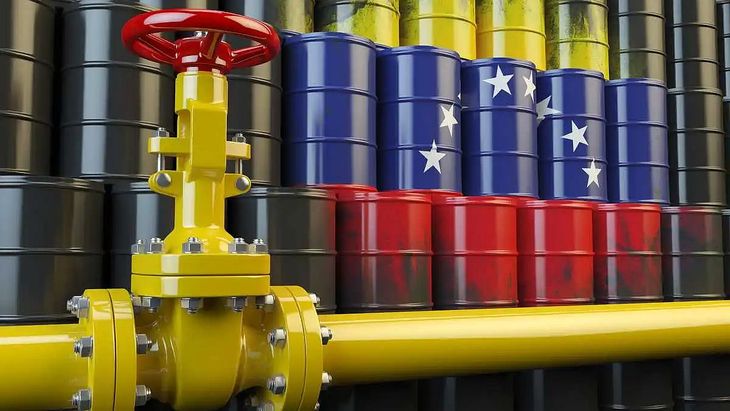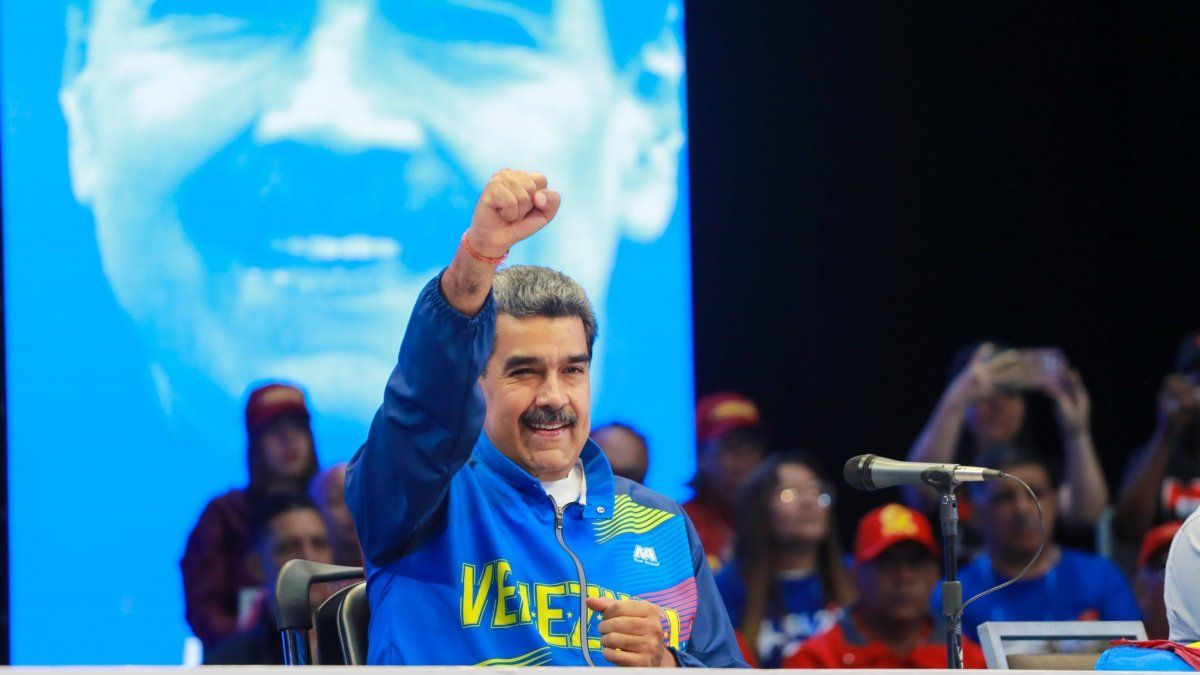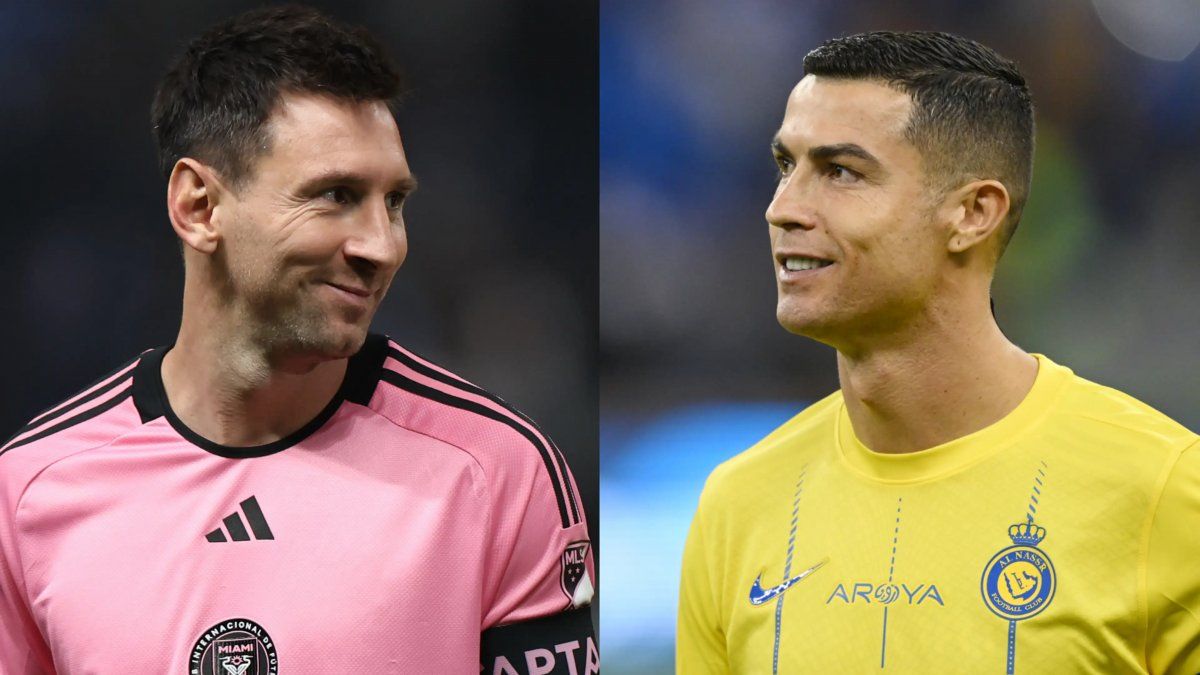Yesterday, the vice president Beatriz Argimon He confided that the government is having contacts with the antichavismo at the same time that he denounced that “there was a process of worsening in what is the Venezuelan dictatorshipin instances where an eventual election is called”, in which the participation of the opposition is denied.
It is worth remembering that the winner of the opposition primaries in Venezuela, Maria Corina Machadowas disqualified from participating in the elections and that her substitute, Corina Yoriscould not register.
The vice president’s statements came the same day that the president of Brazil, Lula da Silva, taking a firmer stance than he usually uses with the Nicolas Maduro.
“It is serious that the candidate has not been able to register,” he said in reference to Yoris. “There is no legal or political explanation why she could not do so,” declared Lula, who said he was surprised” with the news.
On tuesday night Uruguay led a statement with Argentina, Costa Rica, Ecuador, Guatemala, Paraguay and Peru, in which they expressed “serious concern about the information linked to persistent impediments in the registration in the Bolivarian Republic of Venezuela of presidential candidates before the National Electoral Council.” “These restrictions prevent progress towards elections that allow a democratization process to be carried out in the sister Venezuela“he adds.
A day later, the Foreign Ministry said that all governments in the region had been contacted to support this text, including Brazil, which chose not to do so.
maria-corina-machado.jpg
GETTY
How does Venezuela get to the elections?
The July 28 elections will be the first to be held since 2018, in a context in which the opposition seeks to define a unity candidate who can confront Nicolás Maduro.
For the elections, which are won by a simple majority, the current president will compete as the candidate of the United Socialist Party of Venezuela (PSUV)), which has been in power since 2013. Two opposition groups have registered contenders, but it is unclear whether both will remain on the ballot or whether they will be able to garner significant support.
Another 10 candidates, who have minimal support, have also registered to run, but are considered allies of the government by the opposition.
Who are the Venezuelan opposition candidates?
The Venezuelan opposition held multiparty primaries last year. The anti-Chavista internals were guaranteed in a political agreement signed with the government in October, an agreement that led to USA to ease oil sanctions.
María Corina Machado won the October primaries by a landslide, obtaining 93% of the votes, despite being disqualified from public office. Although she appealed the measure, the Supreme justice court (a body considered related to the government) ratified the measure in January due to its support for the sanctions, among other accusations, which Machado denies.
Venezuela Oil.jpg

In response, the United States reimposed some sanctions and said oil restrictions will go back into effect in April unless he is allowed to run.
Some within the opposition had pressured Machado to appoint a substitute candidate, and she ultimately named academic Corina Yoris, who was unable to register in the CNE’s online system before the March 25 deadline.
Two opposition groups registered other candidates just before the deadline. The Democratic Unity Table (MUD) included Edmundo Gonzálezwhile A New Time registered to Manuel Rosalesgovernor of the province of Zulia.
Rosales, who some in the opposition say has become too close to Chavismo during his tenure as governor, said he registered to ensure there was an opposition candidate and avoid the abstentionism.
Substitute candidates can be named until April 20, so the opposition has several weeks to hold internal negotiations on whether to support Rosales or González or replace them.
Various opinion polls had anticipated that Machado would receive at least 50% of the vote, while Maduro was projected to receive around 20%.
Source: Ambito




